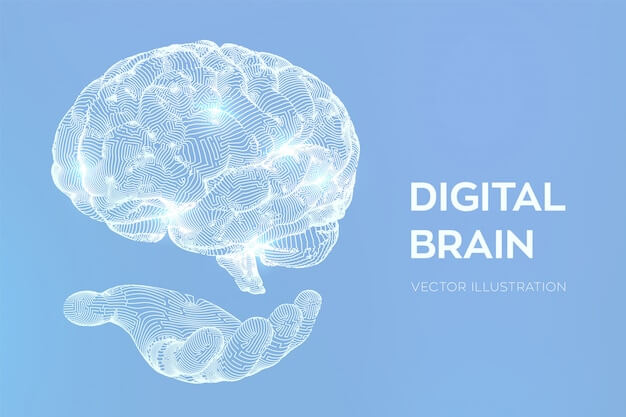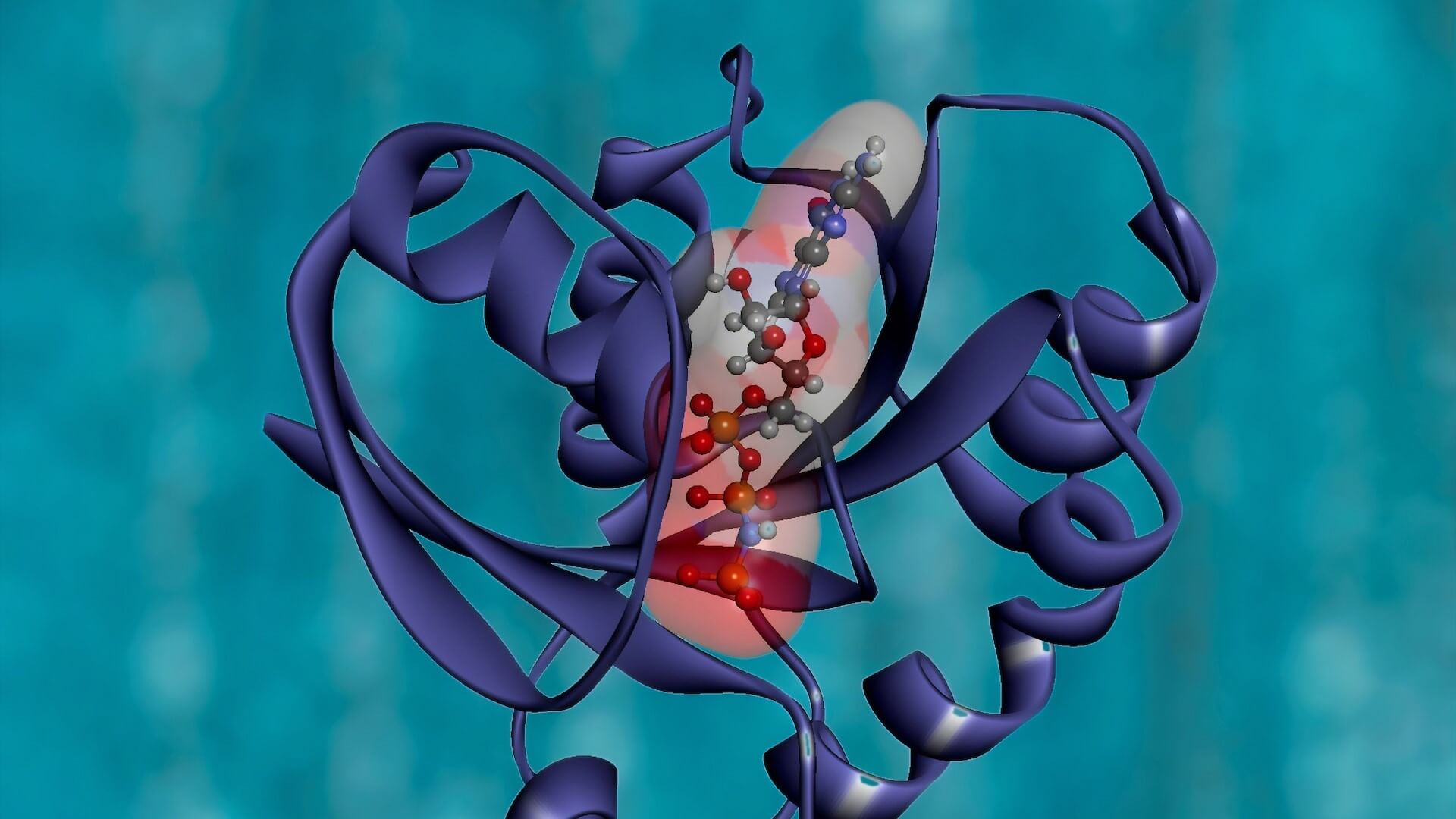Artificial intelligence, also known as machine learning, is a software system pioneered decades ago and based on neural networks.
AI
AWS recently announced several new tools for training and deploying generative AI on the cloud platform, extending its reach further into the AI software development space.
As we all know, artificial intelligence was first proposed in 1956. After 60 or 70 years of development, it has experienced a boom and then a decline. Although there is some progress in theory, there is no major breakthrough. All research is based on the modern computer prototype made by mathematician Turing in 1936. So there is still a big gap between AI and what we know.
Auto-GPT is an experimental open source application that demonstrates the capabilities of the GPT-4 language model.
The world is now focused on the impact of generative AI tools on the knowledge and creative economy. Schools are the centers of knowledge and creative work, and are therefore likely to be the first places where the general public will see tangible changes.
Just three months ago, Microsoft Bing was still dispensable and lacked presence in users' minds, but now it has made a strong comeback with the power of AI, directly challenging Google's dominant position in the industry.
Many people are worried that the rapid development of AI will cost them their jobs, and to a certain extent this is true, but AI is not a panacea and it has its limitations.
The situation quickly changed with the rapid advancement of AI technology, and a few months later, AI has become a key point in the strike negotiations conducted by the American Writers Union.
Many workers, especially freelancers and small business owners, are already using generative AI tools to save time.
Proteins are composed of chains of amino acids, which fold into a three-dimensional shape that, in turn, determines the function of the protein.










